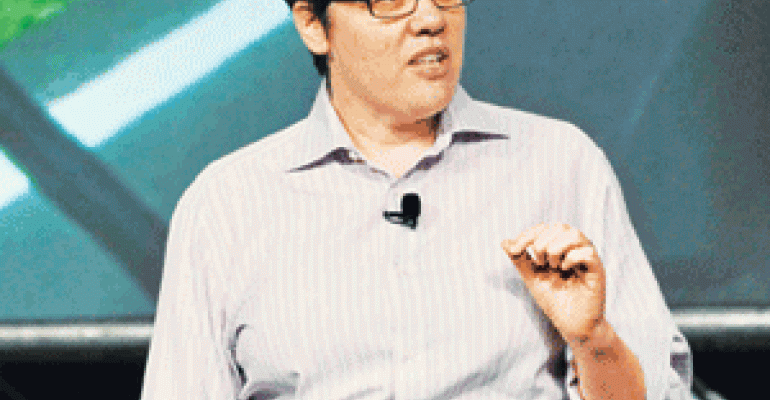DALLAS Best-in-class companies actually allow themselves to be worst in class at their weaknesses, according to Frances X. Frei, a Harvard Business School professor and expert on service excellence.
It is a concept that many found difficult to swallow at this month’s Multi-Unit Foodservice Operators conference, as restaurateurs and foodservice executives typically strive for perfection on all fronts. But Frei, best known for her work researching the most successful service-based companies like Commerce Bank, Southwest Airlines and Starbucks Coffee, contended that operations must be allowed to fail at what isn’t important to their brand so that they can succeed in what is most important to their customers.
“The No. 1 obstacle across every industry is not having the stomach to be bad at anything,” she said. “Organizations that will not permit themselves to be bad at anything, those organizations do not win.”
She cited Commerce Bank, once the fastest-growing and most consumer-preferred financial institution, which succeeded by offering best-in-class service, longer operating hours and more face-to-face customer interactions than any other bank. However, they also offered worst-in-class products offerings and product pricing.
“Organizations need to determine what is most and least important,” Frei said. “Be best in class at what is most important to customers and worst in class at what is least important to customers.”
It isn’t easy to determine what a company’s focus should be, and what a company can leave on the sidelines. Winning companies determine whether they want a singular focus on specific service attributes, a multi-tiered focus for different sets of customers and their respective priorities, or actually seek to change customer preference to match what the company offers.
“If we want sustainable excellence, we have to make these tradeoffs,” she said. “What are the dimensions we’re going after, and what can we give up to get there?”
Frei said most service-based operations also fail on three other aspects: designing operations for their employees to succeed; finding ways to pay for the ideas that would create service excellence; and the inability to get customers “to behave” the way they want them to behave in order to maximize service efforts.
She noted that most companies design operations for the employees they want to employ rather than the employees they have employed. Best-in-class firms design operations and goals around the average employee, rather than the star employee. To get that result, companies must evaluate whether they need to reduce the complexity of operations or raise the sophistication of employees.
“Those companies that fail have an operating environment that is so crazy complicated it takes heroic efforts from employees and you obtain episodic excellence,” Frei said. “You want sustained excellence.”
She suggested that companies go through the process of determining their strengths, finding what the customer wants, and pruning operational practices and staff as often as is needed to keep current with the life cycle of their respective industry.
Contact Sarah E. Lockyer at [email protected].

